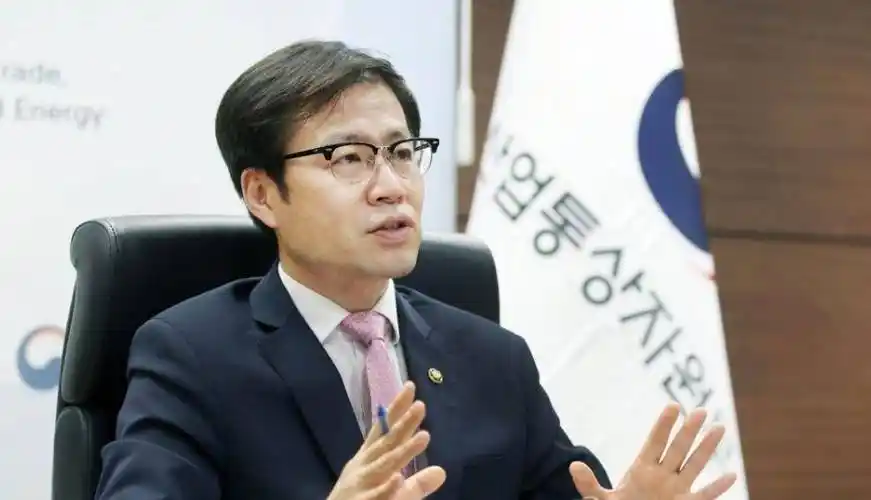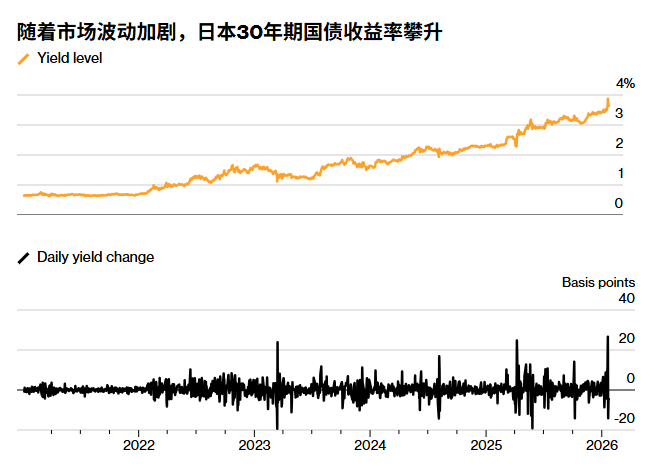US President Donald Trump said negotiators had made “major progress” in talks with Japanese officials as they seek to reach a deal to avoid the higher tariffs he has threatened to impose on US trading partners.
Trump posted on his social media website after the meeting on Wednesday: “It was a great honor to meet with the Japanese delegation on trade issues. We made tremendous progress!”
Trump said earlier that day that he would attend the talks led by the US Treasury Department and the Commerce Department in person.
Japan’s chief negotiator, Ryota Nakaseki, said in Washington on Wednesday that the talks did not immediately halt the imposition of tariffs, but preparations for the second round of negotiations later this month are underway. He held a 50-minute meeting with Trump and a 75-minute meeting with US negotiators.
He said, “Both sides will engage in candid and constructive discussions and strive to reach an agreement as soon as possible.” He added that the United States seems to be seeking to reach an agreement before the so-called 90-day reciprocal tariff grace period ends.
He also refused to disclose whether security issues were discussed, but confirmed that monetary issues were not within the scope of the negotiations – this is a key point of concern for market participants, who are worried that the US will pressure Japan to appreciate the yen.
After Akizawa made comments on foreign exchange, the yen fell against the US dollar, dropping by as much as 0.7% to 142.86 yen per US dollar. Although Akizawa himself did not confirm it, Kyodo News reported that Trump raised the issue of increasing Japan’s defense spending during Wednesday’s talks.
Foreign capital is competing to negotiate with the United States to avoid Trump’s imposition of high import taxes on about 60 trading partners (which was then quickly suspended). This move has put on hold the 24% comprehensive tariff on Japanese imports, but the 10% base rate still applies, as well as the 25% tariffs on automobiles, steel and aluminum.
The negotiations with Japan are closely watched because other countries are unsure what concessions Trump will seek and thus view it as a test case.
U.S. Treasury Secretary Scott Benson said that in the context of the United States dealing with many countries that hope to reach agreements, Japan, as a military ally, might become a priority. Benson said that he hopes to reach agreements with Japan and other U.S. partners and work together to exert economic pressure on China.
According to a person familiar with the Chinese government’s thinking, China hopes to see the Trump administration take a series of measures before agreeing to trade talks, including showing more respect by reining in the derogatory remarks of cabinet members.
The fate of the global economy and financial markets largely depends on whether the United States and China can find a way to avoid a protracted trade war. Since Trump took office, he has imposed a 145% tariff on most Chinese goods, which has prompted Beijing to take retaliatory measures and threaten to destroy most of the trade between the world’s two largest economies.
Lin Meiyin, an economist at Société Générale for the Greater China region, said that although both China and the United States may want to lower tariffs due to domestic pressure, the negotiations “are unlikely to bring about substantial easing”.
China’s goals are now clearer: respect, consistency and a key figure, she said. “So now, whether these requirements can be met depends on the United States. But it is still very difficult – especially when its goal is to contain China’s rise.”


